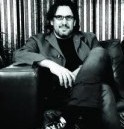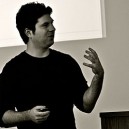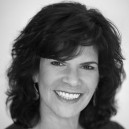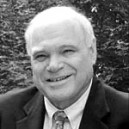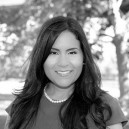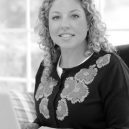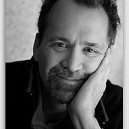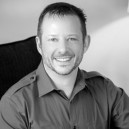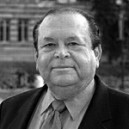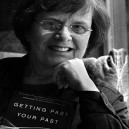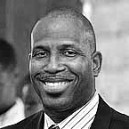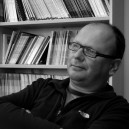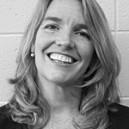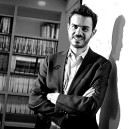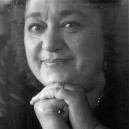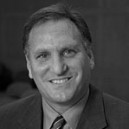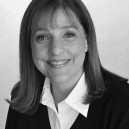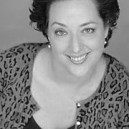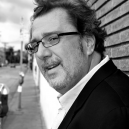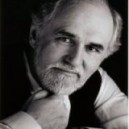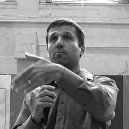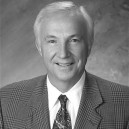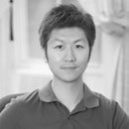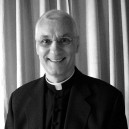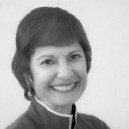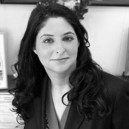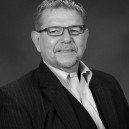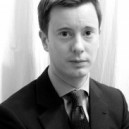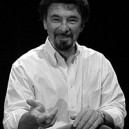Dr. Kim Tompkins
Child Psychologist
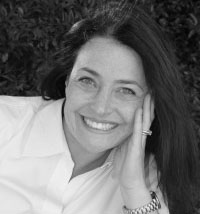 Dr. Kim Tompkins received her doctoral degree from The Pacific Graduate School of Psychology – Stanford University Doctor of Psychology Consortium program in 2008 and has been working as a child psychologist in San Francisco for two years.
Dr. Kim Tompkins received her doctoral degree from The Pacific Graduate School of Psychology – Stanford University Doctor of Psychology Consortium program in 2008 and has been working as a child psychologist in San Francisco for two years.
She recently served as Chief Resident at the Department of Psychiatry at Children’s Hospital & Research Center in Oakland and now con-manages her own practice called San Francisco Family Practice.
Dr. Tompkins specializes in pediatric anxiety and mood disorders in multiple populations and has researched the impact of childhood anxiety on parenting practices and attitudes.
Can you describe the field of child psychology that you are in?
I am currently in private practice with my colleague Laura Cayan, PsyD. We both trained at Oakland Children's Hospital and have specialized in therapy with children who have acute and chronic illnesses -- especially cardiac diseases and oncological illnesses. Our health/behavioral medicine practice is just half of what we do in our practice. We are a family-based practice, specializing in children and adolescents who have mood, anxiety, and behavioral disorders. We also offer parent-training and coaching. This means that we believe the most effective care happens when we also work with the family to promote and maintain changes. We primarily offer evidence-based therapies (e.g. cognitive-based therapy).
Why did you decide to become a child psychologist?
I was formerly trained as a special education teacher and I realized the part of my job that I liked the most was working with the children and their families on social/ emotional issues, but I realized that I didn't have enough training.
What does your job as a child psychologist entail?
I love my job! Each child and family have different needs, so my job is so varied! I can be working with families on adjusting to a medical diagnosis and treatment, and then helping another family advocate for their child at an individualized education program meeting. I work with many different kinds of families and children. That is what I like about my practice -- each day is as unique as the child and family!
What kind of education did you need in order to pursue and or be successful in your career field?
Both Laura and I have a doctorate degree in clinical psychology as well as post-doctoral training in pediatric health psychology and behavioral medicine. To be a licensed clinical psychologist, one needs to obtain a doctorate in psychology, pass the Examination for Professional Practice of Psychology and the state licensing boards.
What challenges should they expect?
Working with children and their families is tough work. It can be a delicate balance to manage the needs of so many opinions and to not get pulled into the family drama.
What characteristics should they have or acquire?
I think that a sense of humor and a true appreciation for the client is essential. Kids are pretty quick at detecting baloney and they will reject clinicians who are phony. Also, it's essential to appreciate and respect that parents are always the expert on their children. Sometimes it can be challenging to find that 'kernel of truth' in their parenting, but parents are the clinician's greatest ally.
Do you see the field of child psychologist changing, and what should we expect in the future?
I would like to see psychology to be integrated into medical practices, working collaboratively with pediatricians. How great would that be?
What kind of demand for child psychologists do you see right now and in the future?
I think that there is a great demand for child psychologists, especially those who work with spectrum disorders. For more information about what exactly a child psychologist does and how to become one, please feel free to visit our Child Psychology page in the careers section of our website.








